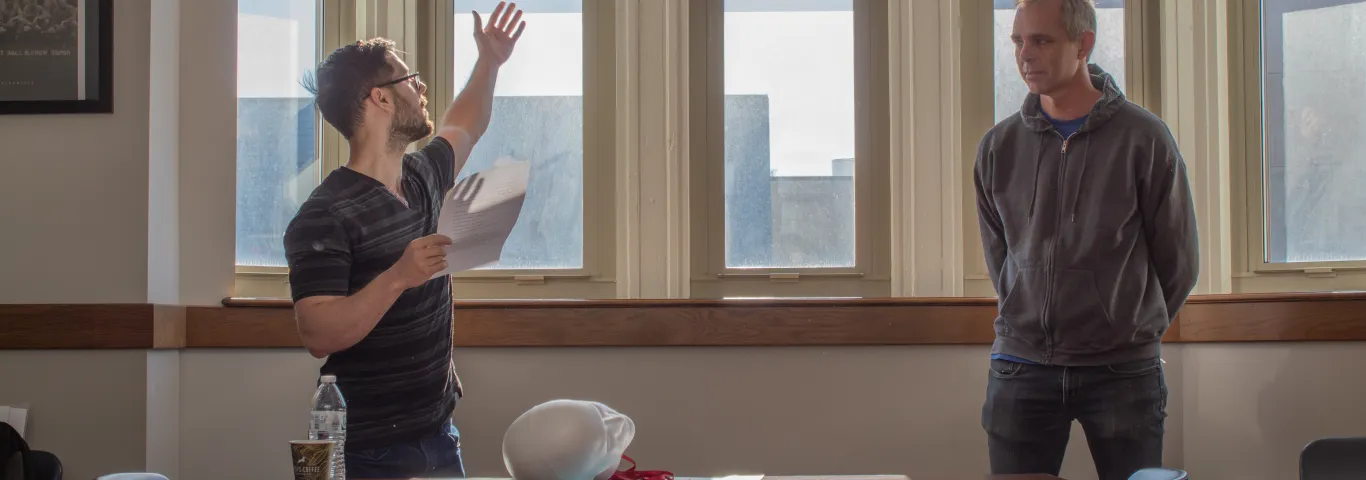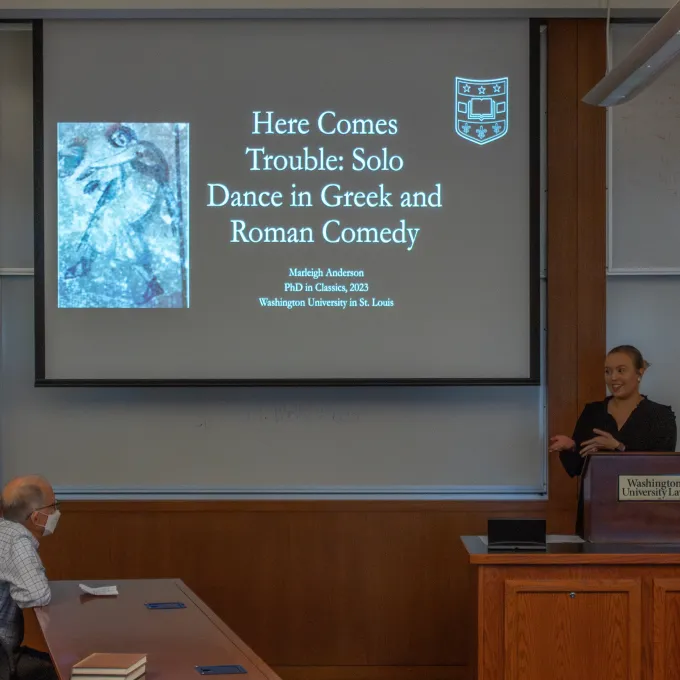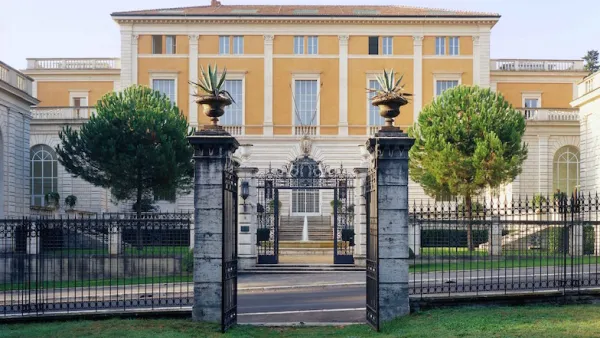Meet WashU Classics: Graduate Info Hour
Join us on Saturday, October 25th, 10:00 AM–12:00 PM CST (UTC−5) via Zoom. Connect with faculty and current grad students, learn about our MA and PhD programs, and explore funding opportunities.
Graduate Studies in Classics at WashU
Washington University in St. Louis offers a standalone Master of Arts in Classics (two years full-time study) and Doctor of Philosophy in Classics (six years full-time study). Graduate students benefit from a strong faculty in Classics and related fields both in the Department of Classics and beyond, an institutional openness to interdisciplinary study, resources including significant collections of ancient coins and papyri, and opportunities for a wide range of experiences in both research and teaching.
It is hoped that students in the graduate programs will find their work and the achievement of a graduate degree exciting and fulfilling in their own right, even as they prepare for life after graduation. The department supports students’ exploration of both academic and nonacademic careers and strives to make the rigorous MA and PhD programs meaningful preparation for a variety of professional paths. There are many opportunities to discuss career paths from the very first years of the program, both in and out of the classroom. MA and PhD students may also practice presentation of their research, meet professionals from outside the department, and explore career-planning resources offered at Washington University and beyond.



